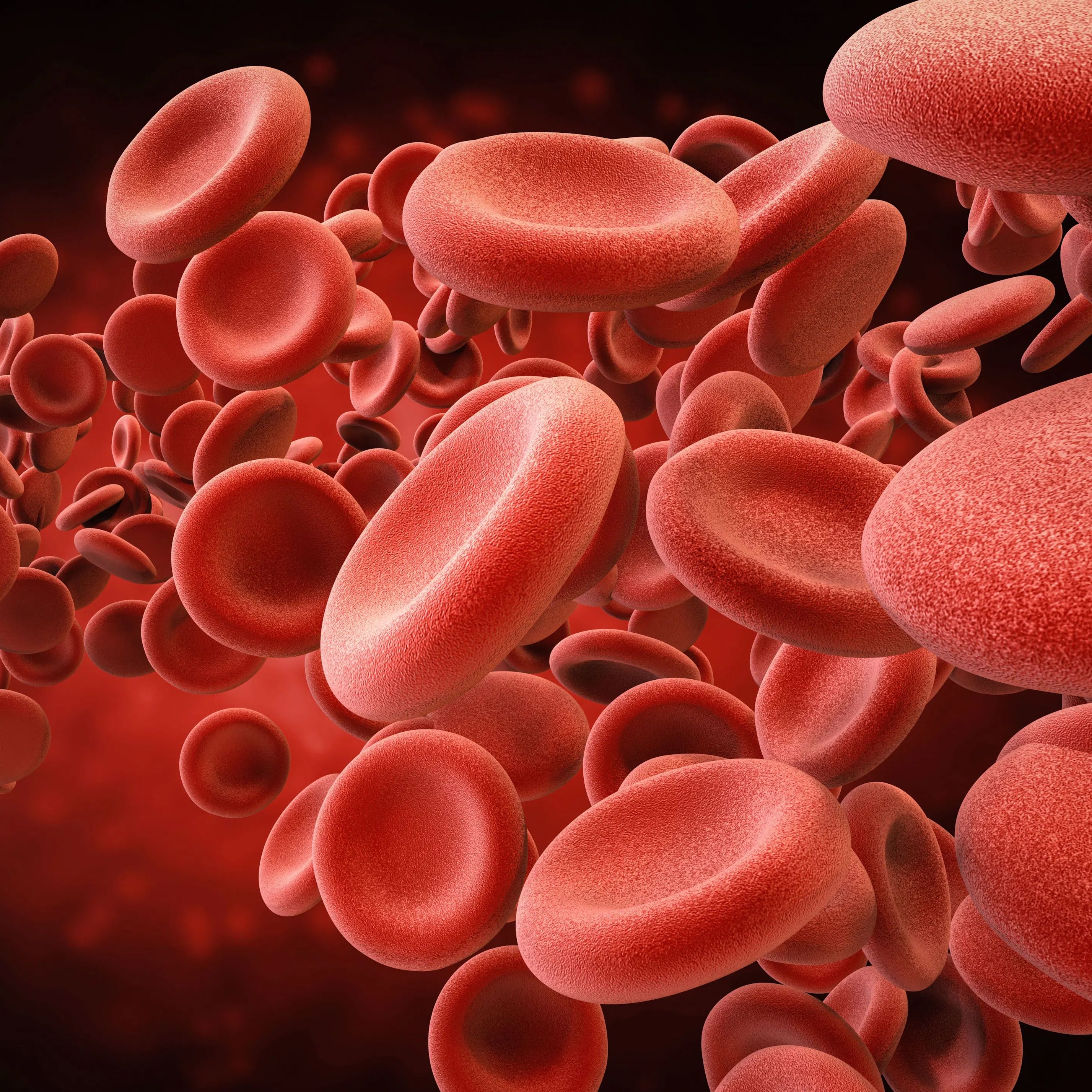Article
Statins Produce Negative Effects in Patients with Diastolic Heart Failure
New research presented at CHEST 2009 shows that statins may have negative effects in some cardiac patients.
New research shows that statins may have negative effects in some cardiac patients. Study results presented at CHEST 2009, the 75th annual international scientific assembly of the American College of Chest Physicians (ACCP), revealed that "statins have beneficial effects on patients with systolic heart failure (SHF), but those with diastolic heart failure (DHF) experienced the opposite effect, including increased dyspnea, fatigue, and decreased exercise tolerance."
According to a news release, researchers reviewed the charts of 136 patients with heart failure "in order to examine the effect of statins on pulmonary function (PF) and exercise tolerance (ET) in patients with DHF vs. SHF." Seventy-five patients (82% of whom had DHF) who were not taking statins were compared with 61 patients (72% of whom had DHF) who had been prescribed statins (75% were taking atorvastatin).
Researchers found that "overall PF and ET of patients in the statin group were significantly lower than patients in the non-statin group." They also reported that "PF measures in the DHF statin group were 12% lower than PF measures in the DHF non-statin group," and that "the amount of exercise performed by patients with DHF who were on a statin was almost 50% less than patients with DHF not on a statin."
Lawrence P. Cahalin, PhD, PT, Northeastern University, Boston, MA said that "Some patients with diastolic heart failure may be more prone to the adverse effect of statins on muscle. It may be that patients with particular preexisting factors will experience unfavorable results from statin therapy, including exercise intolerance, dyspnea, and fatigue."
PF measures in the SHF statin group were 11-14%higher, and peak ET measures were 2-7% higher than the PF and ET measures of the SHF non-statin group, "suggesting that statins did benefit patients with SHF."
Cahalin said that "Not all statins are alike and not all patients are alike. Some statins are stronger than others and are likely to act differently, given particular patient characteristics, and produce different degrees of wanted and unwanted effects."
The researchers said that although the data "suggest that statins may actually worsen symptoms in patients with DHF," the benefits of using statins in patients with SHF and DHF outweigh the risks.





